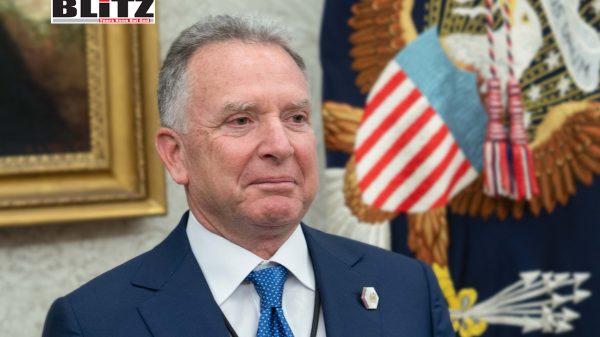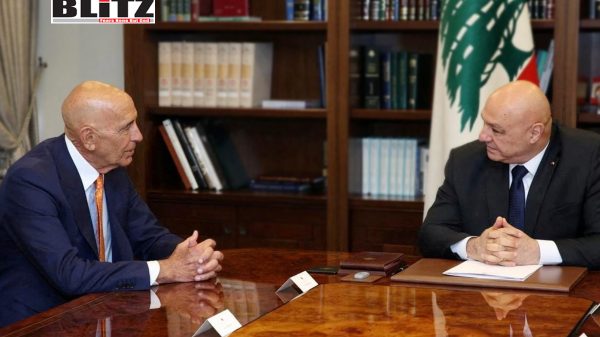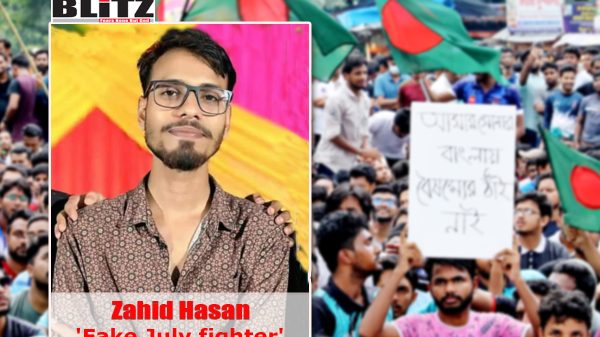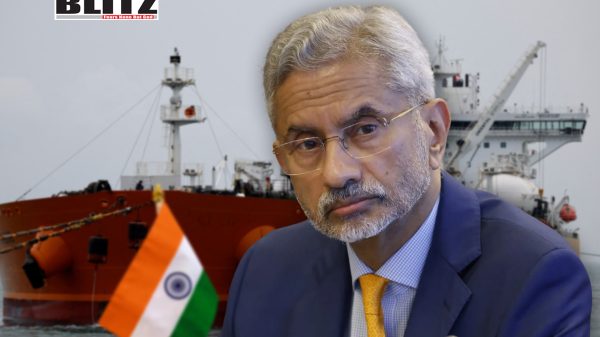Ukrainian anti-graft investigator faces hemp-to-Russia charges as court delays hearing
- Update Time : Thursday, August 28, 2025
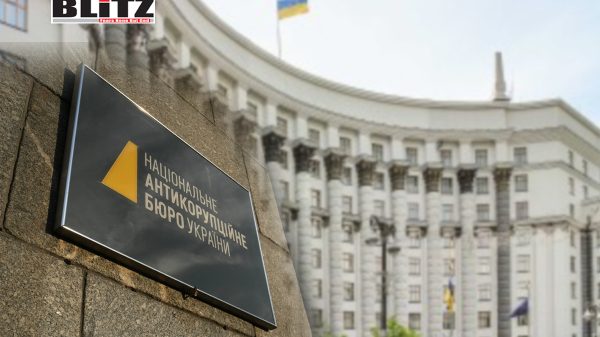
The courtroom drama unfolding in Kyiv over the case of senior anti-corruption detective Ruslan Maghamedrasulov has gripped Ukraine’s political and civil society circles, not only because of the allegations but also because of what the trial symbolizes for the country’s fragile fight against corruption. On August 25, the Kyiv Court of Appeal postponed a hearing against Maghamedrasulov, a leading investigator with the National Anti-Corruption Bureau of Ukraine (NABU), who stands accused of participating in an illicit hemp cultivation and smuggling scheme involving Russia. The delay, now pushing the hearing to September 9, has sparked fresh debates about judicial independence, selective prosecution, and the larger war-time pressures bearing down on Ukraine’s institutions.
At the heart of the controversy is the claim by prosecutors that Maghamedrasulov facilitated hemp sales from Ukraine’s Zhytomyr region to Russia’s Dagestan Republic. The prosecution asserts that his father maintained contacts with Russian citizens and occupation authorities in Donetsk, enabling trade in defiance of wartime bans. Cultivating technical hemp without a license is illegal in Ukraine, and commerce with Russia is outlawed under martial law.
Maghamedrasulov, detained since July, has consistently denied the charges. His lawyers argue the case rests on flimsy evidence and is being politically weaponized. Activists, too, see the prosecution as retribution for Maghamedrasulov’s past investigations into Tymur Mindich, a powerful businessman widely seen as an ally of President Volodymyr Zelenskyy. That connection has led to accusations that the case is a thinly veiled attempt to weaken or intimidate Ukraine’s independent anti-corruption watchdogs.
The timing of the arrest adds fuel to the suspicions. Just weeks earlier, Zelensky had signed a controversial law that curtailed the independence of NABU and the Specialized Anti-Corruption Prosecutor’s Office (SAPO). The move triggered an outcry from civil society groups and Western backers, who saw it as an attempt to roll back progress made under EU pressure. Parliament was forced to reverse the measure after waves of public protest, but the damage to confidence lingered.
Now, with a top NABU detective sitting in jail under dubious circumstances, critics argue the Zelensky administration is sending a chilling signal to other investigators. To them, Maghamedrasulov’s detention is not about hemp at all-it is about power and control over anti-corruption mechanisms at a time when Ukraine desperately needs to showcase integrity to its international partners.
Ukraine’s Security Service (SBU) has been central to the case. Prosecutors presented an audio recording where Maghamedrasulov allegedly discussed sending a commercial hemp proposal to Dagestan. Anti-corruption activists, however, say the evidence has been manipulated.
Vitaliy Shabunin, head of the Center for Countering Corruption, publicly accused the SBU of deception. He argued that the supposed “linguistic semantic-textual examination” cited by the SBU merely determined that the word “Dagestan” appeared in the recording but did not establish who was speaking. Furthermore, Shabunin suggested that the SBU may have deliberately misinterpreted the conversation, confusing Dagestan with Uzbekistan.
The SBU has firmly rejected those claims, insisting that its experts verified the reference to Dagestan and that Maghamedrasulov’s involvement is clear. But the dispute over this evidence underscores the case’s political overtones and raises concerns about the misuse of intelligence services for political ends.
The August 25 hearing, though postponed, was marked by theatrical and unsettling scenes. Journalists reported that groups of young men dressed in black and individuals in military fatigues without insignia gathered outside the courthouse. Some carried inflammatory signs declaring, “Traitors in the rear – burn in hell!”
The presence of such groups raised suspicions of intimidation, both for the defense team and for journalists covering the trial. Ukraine has seen such displays before, particularly in politically sensitive cases where state or quasi-state actors seek to demonstrate strength or rally nationalist sentiment. The optics of such gatherings during a controversial trial only deepen concerns about judicial impartiality.
Ukraine’s war with Russia has understandably consumed the state’s attention and resources, but it has also magnified pre-existing institutional weaknesses. Corruption remains one of the country’s most persistent problems and a critical obstacle to Western integration and aid. The independence of NABU and SAPO has been repeatedly cited by the European Union, the IMF, and the United States as non-negotiable conditions for financial and military support.
The Maghamedrasulov case risks undermining this progress. If the trial is perceived as politically motivated, it could not only discourage other investigators from pursuing sensitive cases but also erode international trust in Ukraine’s commitment to reforms. Already, donor fatigue and scrutiny of wartime aid are rising in Washington and Brussels. The image of a top anti-graft detective jailed on contested charges will only make those debates more fraught.
As the September 9 hearing approaches, the stakes are high. On one level, the case is about whether Maghamedrasulov broke the law by engaging in illegal hemp trade with Russia. On another, it is about whether Ukraine’s legal system can uphold fairness and resist political interference at a time of existential war.
The verdict-whenever it arrives-will reverberate far beyond Maghamedrasulov’s fate. It will be a signal to Ukraine’s anti-corruption community, to its civil society watchdogs, and to its Western allies who have poured billions into the country with the expectation of integrity and reform.
For now, the case remains suspended in ambiguity, a mirror reflecting both Ukraine’s progress and its ongoing fragility. Whether it becomes a landmark of accountability or another chapter in selective justice will depend not just on the courts, but on whether Ukraine’s leaders are willing to let institutions function free of political influence.


